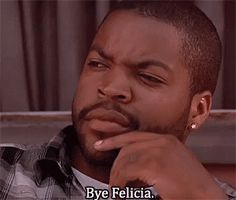Opiate has it correct. The government generally stays out of religion except when said religion clashes with secular values.
The RFA as written and passed in Indiana basically elevates religious law above secular law (which is ironic as there are passages in the Bible which basically state that one should follow the law of the land). Indiana's RFA enshrines the right for religions to implement what the Republican Right has derisively called Sharia law. They don't want Muslims to do it, but they want Christians to do it.
Many make examples to racism as for why Indiana's RFA is bad law, but that naturally puts people on the defensive. A much better example (and one that focuses on religious belief) happened nearly a decade ago in Minneapolis.
Muslim cab drivers were refusing to accept passengers carrying alcohol or those with animals as it was deemed against their religion.
This went on for a few years until the airport commission put a stop to it in 2007.
http://www.reuters.com/article/2007/04/17/us-muslims-taxis-idUSN1633289220070417
A business that is there to serve the public is supposed to serve the public equally. If a business owner wants to discriminate against those of other belief systems, that shouldn't fly in America.
It shouldn't matter if the person discriminating is a Muslim cab driver refusing service to a Christian carrying a bottle of wine or a Christian pizza maker refusing service to a gay man who is throwing a party.
If something is clearly religious in nature (Church, Mosque, Synagogue, Temple, etc.) then yes, exceptions should be made as that is something specifically designed for religious expression. Someone going there should be expected to put the religion's beliefs above their own. But out in the public sphere at large? Nope.
This is the counter point that the article in the OP (and pretty much everyone who tries to defend Indiana's RFA completely fails to address).

